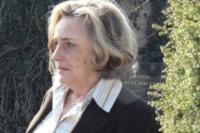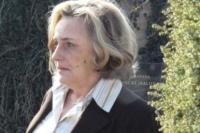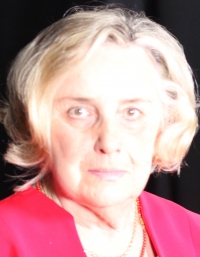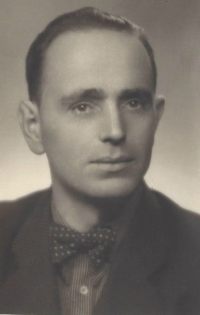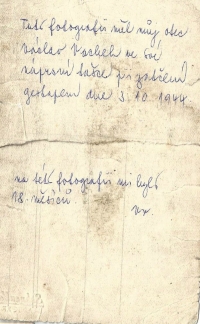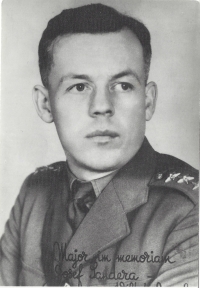I feel sorry that Operation Barium is getting forgotten in Hradec Králové
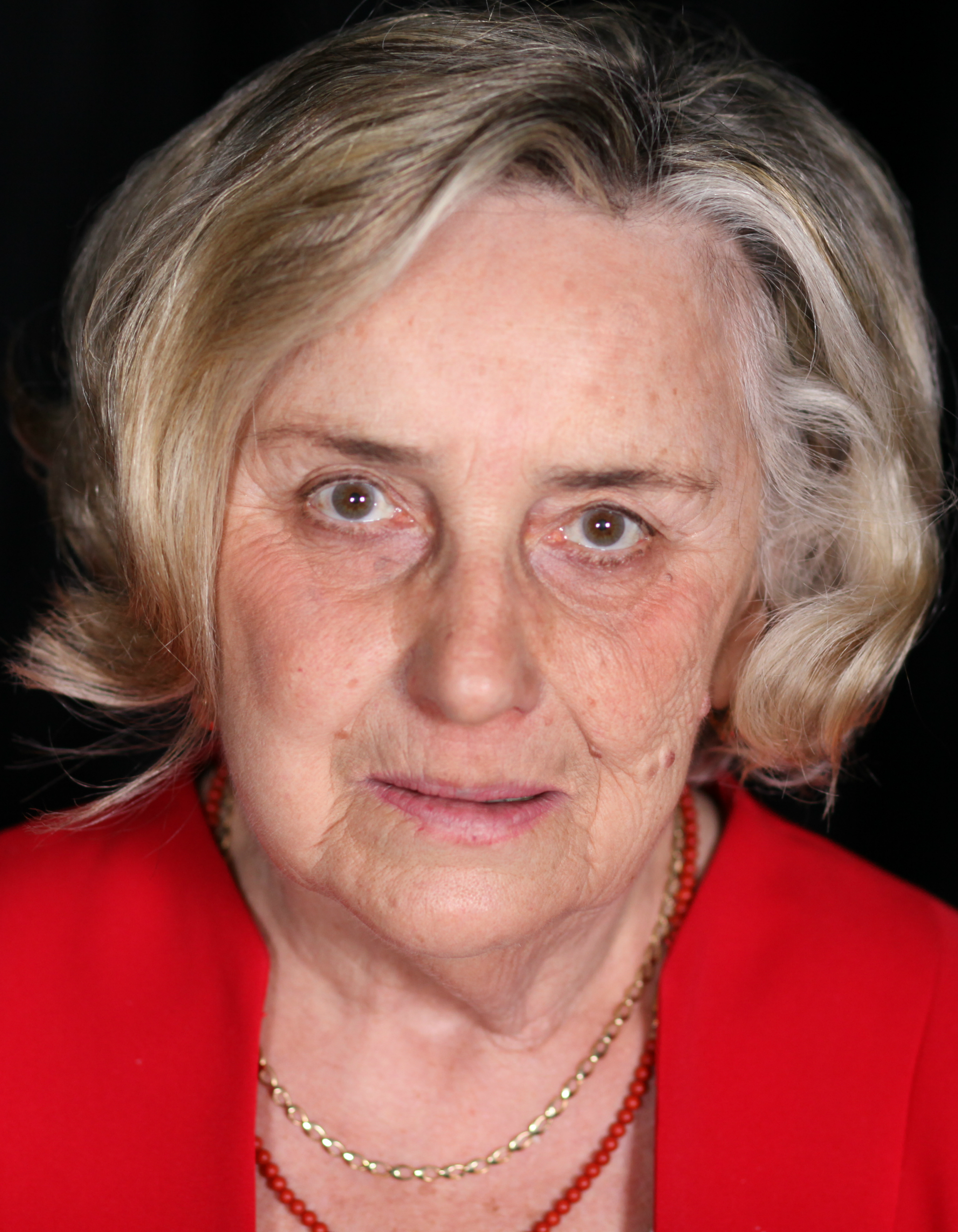
Stáhnout obrázek
Věra Nývltová, née Vachková, was born on February, the 16th, 1939 in Hradec Králové. Her father Václav Vachek was involved in resistance activities against the Nazis. He was helping the paratroopers Josef Šandera, Josef Žižka and Tomáš Býček from the group Barium which had been airlifted from England. The paratroopers landed in Vysoká nad Labem on April 3, 1944 and they eventually happened upon the father of Mrs. Nývltová. He obtained new identity cards for them and assisted them by transporting the transmitters. This however proved fatal to him, because he was arrested in 1944 and literally beaten to death by the Gestapo. Little Věra and her brother and mother became arrested as well. Her mother spent half a year in a prison in Hradec, her brother was allowed to return to their family flat, and Věra was sent to a German family. She was reunited with her mother in March 1945. After the war she worked in a tractor station.
